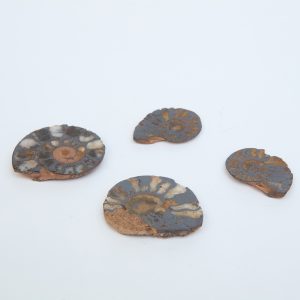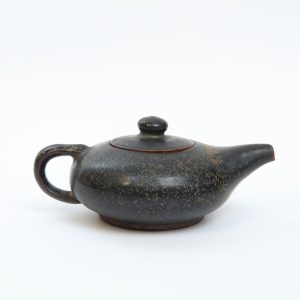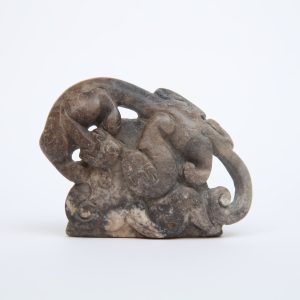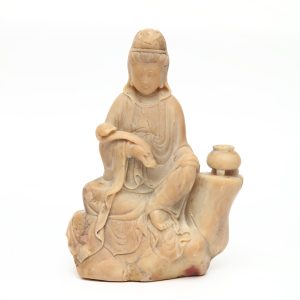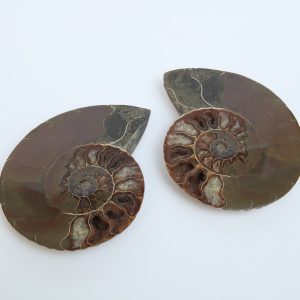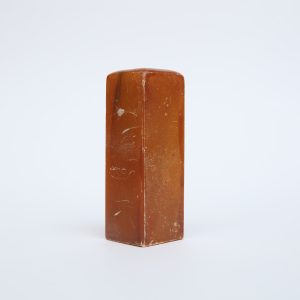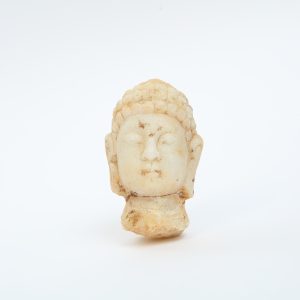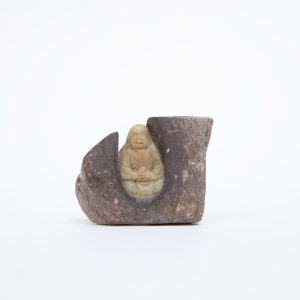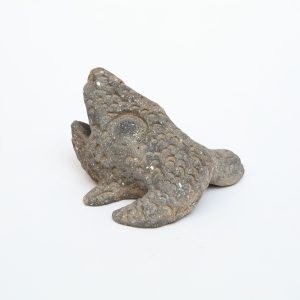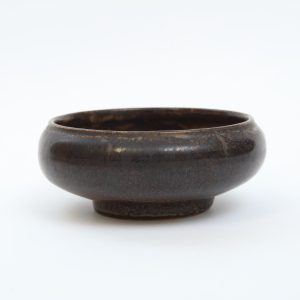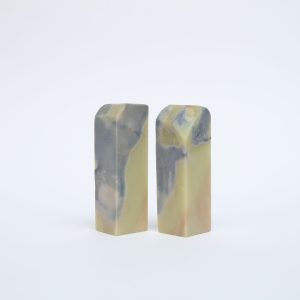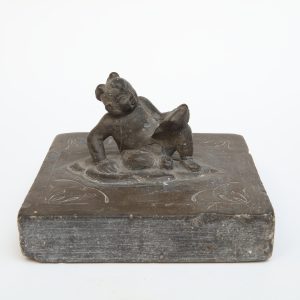If Fan Chou were still alive, how might he manage his collection? Lacking a will that designates specific individuals for certain items, we have decided to photograph all the artifacts and upload them online for visitors to enjoy.
If Fan Chou were still alive, how might he manage his collection? Lacking a will that designates specific individuals for certain items, we have decided to photograph all the artifacts and upload them online for visitors to enjoy.
While the market value of each item is one factor to consider, its true worth lies in the viewer’s perspective.
Each piece is crafted by skilled hands and thoughtful minds from around the globe, reflecting the time and effort invested in its creation.
These items once inspired awe, appreciation, and contemplation in Fan Chou as he handled and admired them at various moments.
From “Conversations with God,” Volume 3, page 471
The notion of “personal ownership” for highly evolved beings refers to their responsibility for all the valuable things they care for. Their relationship with objects is one of “cherishing.” In your terminology, this aligns closely with “stewardship.” Highly evolved beings are stewards, not “owners.”
The concept of ownership and its implications is not part of their culture. There is no notion of personal belongings or individual ownership. Rather than possess, they cherish. They embrace, love, and care for things without claiming them as their own.
Human possession stands in stark contrast to the cherishing nature of these evolved beings, a distinction best captured in your language.
The above excerpt was translated from Chinese on the website books.com.tw.
From “Conversations with God,” Volume 3, page 471
The notion of “personal ownership” for highly evolved beings refers to their responsibility for all the valuable things they care for.
Their relationship with objects is one of “cherishing.” In your terminology, this aligns closely with “stewardship.” Highly evolved beings are stewards, not “owners.”
The concept of ownership and its implications is not part of their culture. There is no notion of personal belongings or individual ownership.
Rather than possess, they cherish. They embrace, love, and care for things without claiming them as their own.
Human possession stands in stark contrast to the cherishing nature of these evolved beings, a distinction best captured in your language.
The above excerpt was translated from Chinese on the website books.com.tw.
-
玉雕刻(MJS)
白堊紀的回聲
-
陶瓷器(CA)
玄砂壺韻 ‧ 靜候茶香
-
石雕刻(MJS)
千年獸靈,鎮守時光
-
玉雕刻(MJS)
如意觀音:慈悲與吉祥的化身
-
玉雕刻(MJS)
菊石之歌:時光的螺旋
-
玉章(MJP)
石上凝情,章印千秋
-
玉雕刻(MJS)
慈悲凝練:佛首之美
-
玉雕刻(MJS)
石中佛 ‧ 樹中佛
-
石雕刻(MJS)
沉潛之靈:鱉魚賦
-
陶瓷器(CA)
陶碗雅韻:茶、器與時光的對話
-
玉章(MJP)
藍帶青田之雅韻
-
石雕刻(MJS)
席鎮靜思:歲月凝結的雅韻
-
玉雕刻(MJS)
白堊紀的回聲
-
陶瓷器(CA)
玄砂壺韻 ‧ 靜候茶香
-
石雕刻(MJS)
千年獸靈,鎮守時光
-
玉雕刻(MJS)
如意觀音:慈悲與吉祥的化身
-
玉雕刻(MJS)
菊石之歌:時光的螺旋
-
玉章(MJP)
石上凝情,章印千秋
-
玉雕刻(MJS)
慈悲凝練:佛首之美
-
玉雕刻(MJS)
石中佛 ‧ 樹中佛
-
石雕刻(MJS)
沉潛之靈:鱉魚賦
-
陶瓷器(CA)
陶碗雅韻:茶、器與時光的對話
-
玉章(MJP)
藍帶青田之雅韻
-
石雕刻(MJS)
席鎮靜思:歲月凝結的雅韻
The purpose of our website is to give these objects a chance to find new caretakers who will continue to appreciate, admire, and cherish them.
If you find something that captivates you, please feel free to reach out to us via the website’s email.
The purpose of our website is to give these objects a chance to find new caretakers who will continue to appreciate, admire, and cherish them.
If you find something that captivates you, please feel free to reach out to us via the website’s email.

